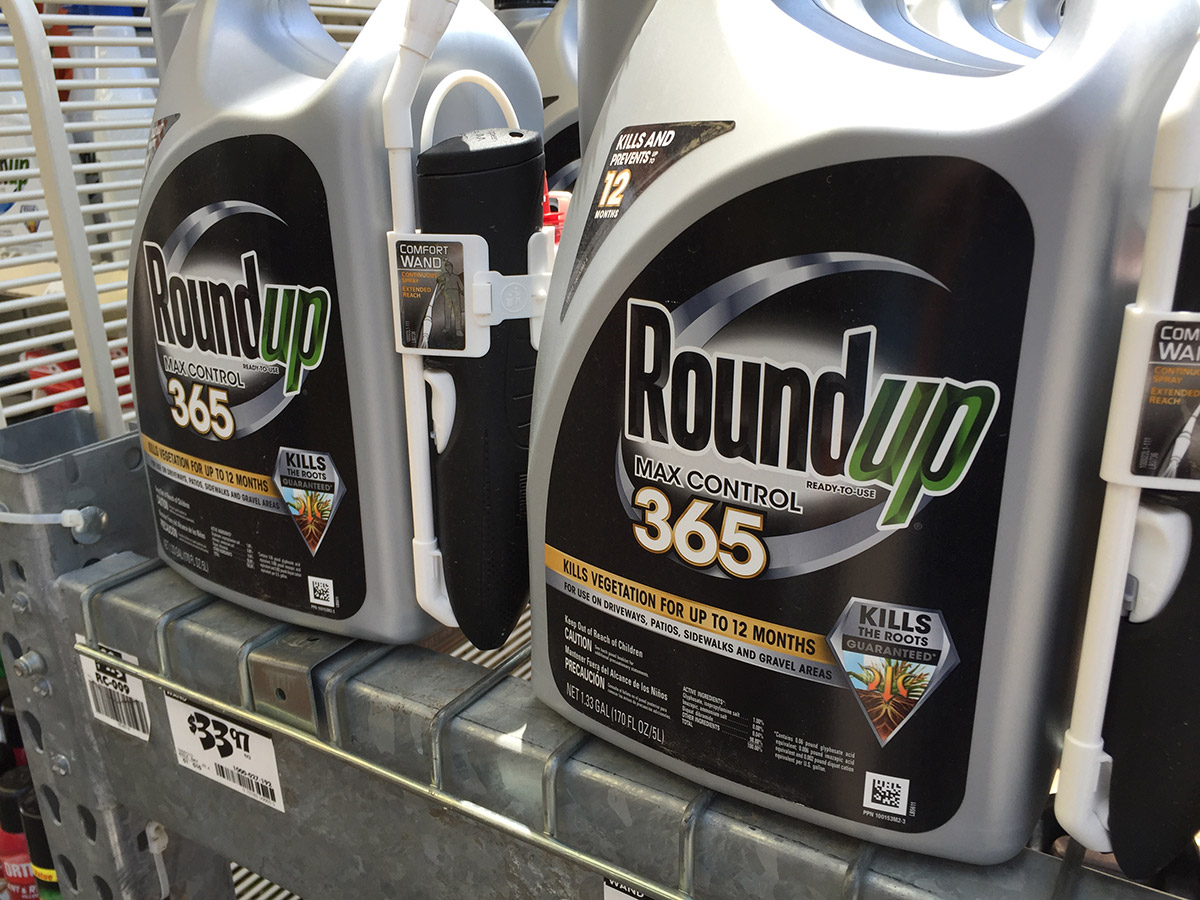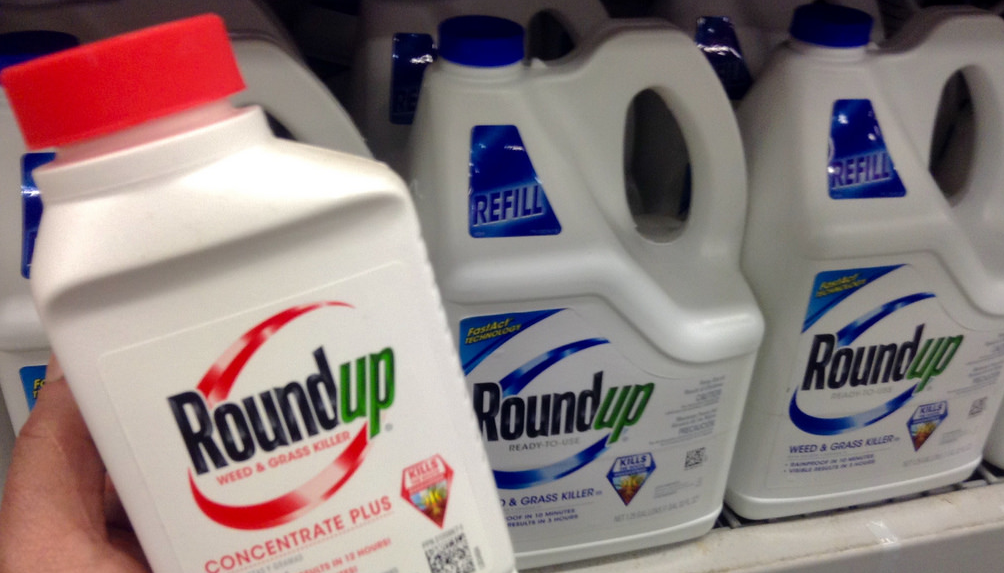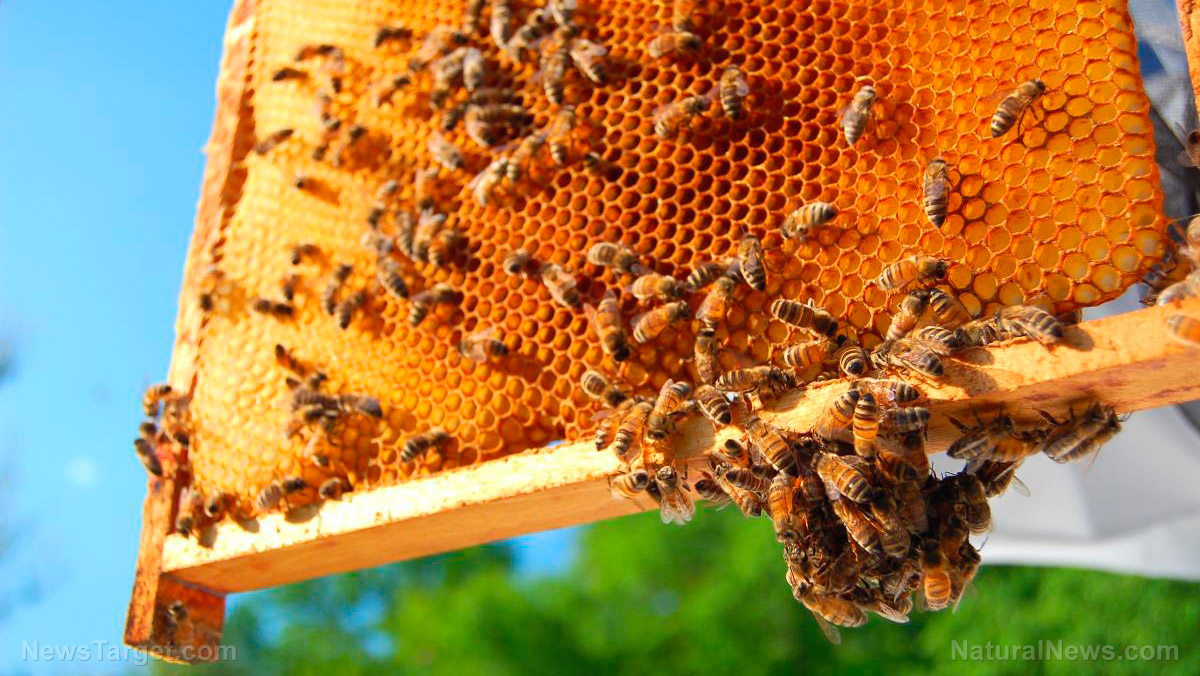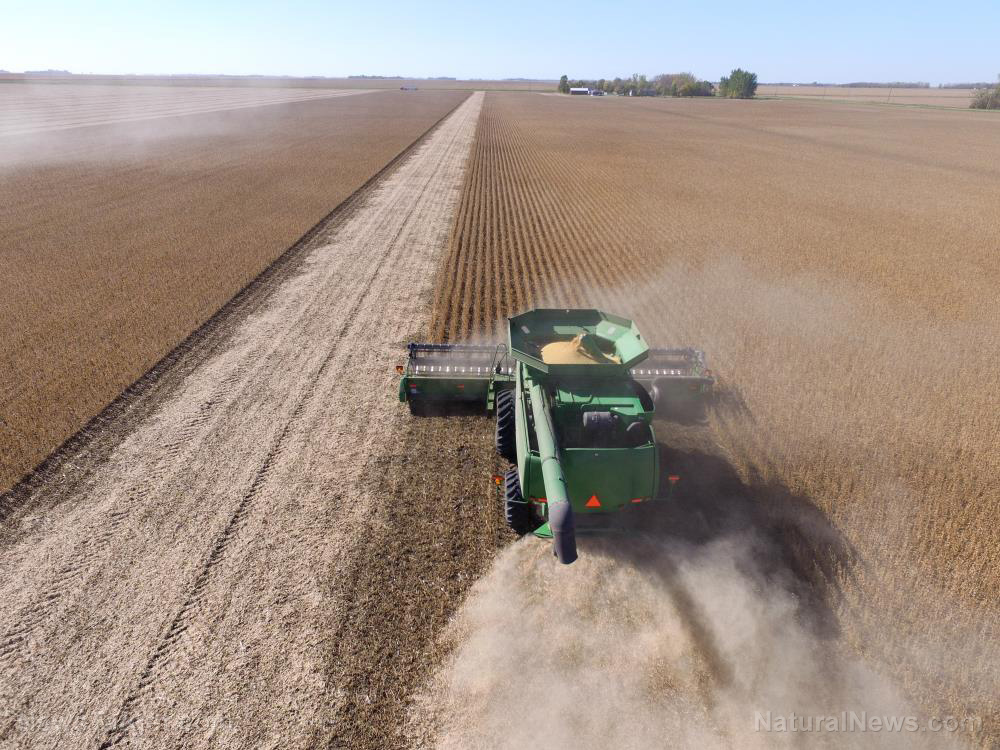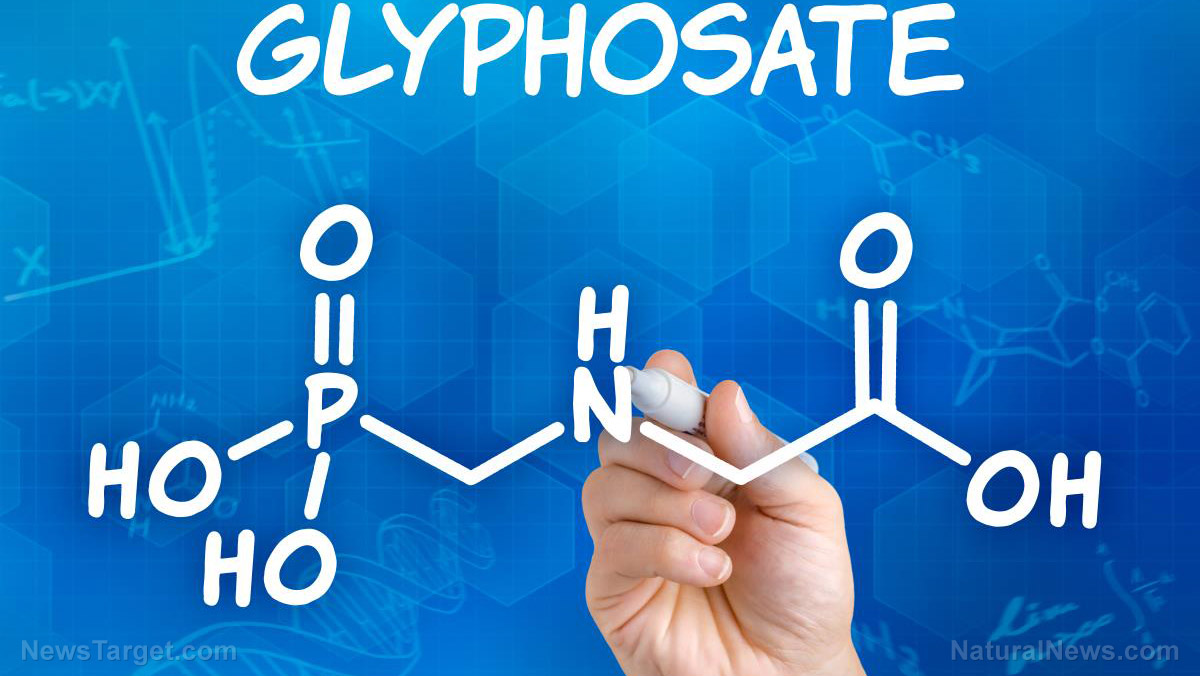The FDA is blatantly hiding the fact that glyphosate is contaminating many foods in your pantry
05/22/2018 / By Vicki Batts

Just how deep does the glyphosate conspiracy go? Newly revealed internal emails from the FDA show that yet another federal agency has been hiding the truth about Monsanto’s star product — Roundup. Indeed, it seems that the FDA has been keeping vital information on glyphosate’s presence in the food supply under wraps.
As is par for the course these days, government bureaucrats know that glyphosate is contaminating our food — and are putting corporate interests ahead of the American people, once again. While the FDA may be charged with protecting Americans from unsafe foods, it seems that protecting Monsanto from public scrutiny comes first. Multiple FDA scientists have sounded the alarm on glyphosate’s presence in common pantry items — but agency higher-ups have inexplicably silenced these warnings.
FDA scientists uncover toxic herbicide in food
The FDA has reportedly been testing an array of foods for glyphosate residue for the last two years — but no official results have been released as of yet. But internal documents obtained by The Guardian show that the federal agency has been finding glyphosate in more foods than Monsanto would like for them to admit.
In an internal email to colleagues, FDA chemist Richard Thompson wrote, “I have brought wheat crackers, granola cereal and corn meal from home and there’s a fair amount in all of them.” In the 2017 email exchange, Thompson noted further that broccoli seemed to be the only food he had “on hand” that wasn’t contaminated with glyphosate.
Thompson was not alone in his findings. Another FDA researcher, Narong Chamkasem, found similar results in a separate investigation of the heavily scrutinized herbicide. In another internal email, Chamkasem reported that their analysis detected glyphosate in corn at 6.5 parts per million, while the legal limit is 5.0 ppm.
Normally, a find like that should be reported to the EPA — but FDA higher-ups declared that Chamkasem’s data didn’t need to be turned in because it wasn’t an “official” sample.
Similarly, Chamkasem found glyphosate residue in oatmeal and honey back in 2016. At that time, FDA authorities reportedly reassigned the lab to “other programs” and declared that the samples weren’t part of their official glyphosate review — and thusly, did not matter.
It’s really starting to sound like the FDA decided on the outcome of this glyphosate “review” before it even began, isn’t it?
Toxic herbicide has no place in food
As has been said before, it’s common knowledge that farmers use glyphosate as a dessicant to hasten their harvests — and the fact that foods like oats are not being tested as part of the FDA’s review is a huge red flag in and of itself. When taken with these damning emails, it’s clear that they are totally dropping the ball on their so-called review.
Mike Adams, director of CWC Labs and author of Food Forensics, commented, “The fact that the FDA deliberately withheld these alarming findings from the public speaks volumes about the real motivations of this failed agency.”
“It’s clear to every scientifically-minded person that the FDA goes out of its way to hide the truth about agricultural chemicals in the food supply, most likely to protect the financial interests of chemical pesticide and herbicide corporations which wield tremendous influence over government regulators,” the Health Ranger contended further.
Much research has pointed to the toxicity of Roundup’s active ingredient, glyphosate. Recent research has shown that the combination of glyphosate with inactive ingredients in herbicide formulations can yield an even more toxic substance — a fact that the FDA and other federal agencies involved with approving this chemical should have been aware of decades ago.
Stay up-to-date on the latest Roundup-related controversies at Glyphosate.news.
Sources for this article include:
Tagged Under:





